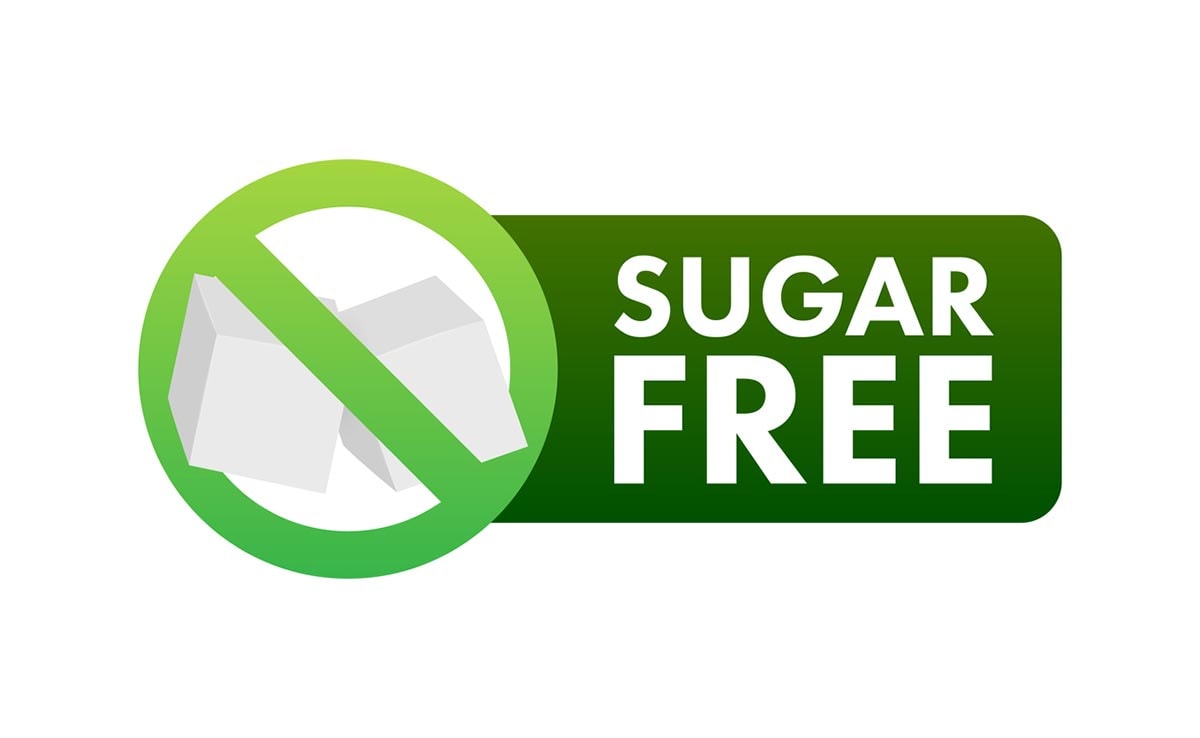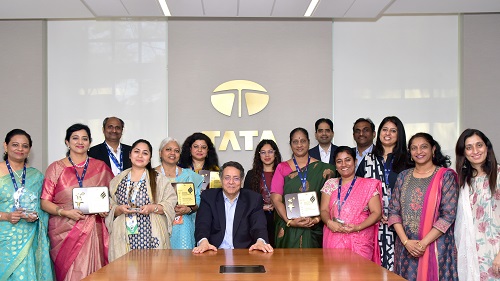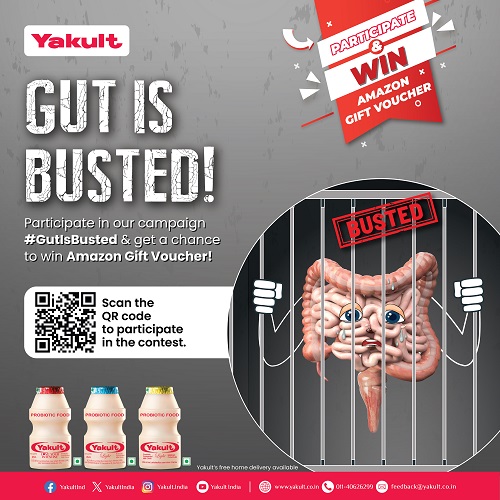Are you, like many other people, consciously avoiding sugar and turning to sugar-free products that flood the market? These alternatives seem like a beacon of hope for those looking to cut down on their sugar intake. But are they safe? The truth lies in the fine print of food labels, where sugar hides under various disguises. Packaged foods like chewing gums, breakfast cereals, yogurt, protein bars, and beverages often claim to be “Sugar-Free.” Yet, a closer examination of their ingredient lists reveals a web of hidden sugars, leading to adverse health effects.
Also Read: Diabetes Diet: 7 Expert Tips To Cut Down On Sugar Without Feeling It
According to Nutritionist Kiran Kukreja, “These concealed sweeteners not only trigger intense cravings for sugary foods but also contribute to digestive issues, disturb gut health, and alter taste perception. Additionally, a heightened risk of metabolic diseases is associated with the consumption of these hidden sugars.
But why is sugar such a villain?
Effects of Excess Sugar Consumption on Health:
A study published in the Canadian Medical Association Journal uncovered a link between the consumption of sweeteners, like saccharin, and weight gain, high blood pressure, and diabetes, contradicting the common misconception that refined sugar substitutes aid in weight loss. Another recent study, featured in the journal BMC Medicine, found that an increased intake of added sugar was directly correlated with a higher incidence of cardiovascular diseases.
So, the next time you reach for a packaged product labelled as “Sugar-Free,” take a moment to scrutinize the ingredient list. You might be surprised at the number of different names for sugar lurking within, which Nutritionist Kiran Kukreja disclosed in an Instagram post.
Also Read: Why Do You Crave Sweets After Every Meal? Here’s How To Stop
Here are some terms to watch out for hidden sugars in food labels:
Fructose sweetenerCorn syrupFruit juice concentrateMalt syrupMolassesEvaporated cane juiceHigh fructose corn syrupBrown sugarCane crystalsCane sugarLiquid fructoseCorn sweetenerCrystal dextroseMaple syrupThese aliases may sound innocent, but they all share a common trait: they are forms of sugar, often used to sweeten processed foods.
How to Avoid Hidden Sugar in Packaged Food:
The popularity of sugar-free products should not lull consumers into a false sense of security. Always scrutinize food labels for hidden sugars, and opt for whole, unprocessed foods when possible. However, the best way to truly enjoy a healthy diet is by opting for homemade food as much as possible. You have control over the content and can create dishes that are actually sugar-free or contain healthy sugar alternatives.
By making conscious decisions about our dietary choices, we can safeguard our health and enjoy a truly sugar-free lifestyle.














